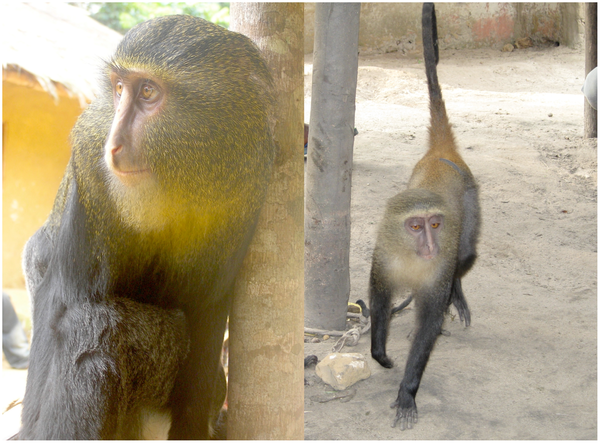When I approached my undergraduate mentors about graduate school in 1996, they warned me that many people who earn PhDs never get jobs in academia. This is sometimes deliberate, as their are jobs outside of academia for some degree-holders to get, but it’s also sometimes a grave disappointment. My mentors emphasized the extent of the risk (and frankly scared me quite a lot), but how bad was it? And is it worse today?
The Atlantic‘s Jordan Weissmann put together the data. The leftmost bars on his figure show that, on average, under a quarter of PhDs landed a full-time job at a college or university in 1991. That number had dropped to less than 20% by 2011. The numbers, however, vary significantly by field:
See here for more details.
The looming question, of course, is what percentage of PhDs want a full-time academic job, something that certainly varies by field. In other words, there aren’t a boatload of bitter engineers bad-mouthing the academy while slinging lattes at Starbucks. Here’s a hint at an answer: A study published in 1999 found that 53% of all new PhDs said they wanted to become professors. Ten years later, just over half were tenured (54%) and a handful more were tenure-track (7%); a third weren’t in academia at all.
On the one hand, I think these numbers are really depressing. Five to ten years is a long time to train for a career only to discover that, for whatever reason, you won’t be employed in the area of your expertise. But I have two “on the other hands.”
On one other hand, I wonder how these numbers compare to other occupations? We accept that certain occupations are highly competitive and include a lot of dumb luck and failure. Modeling and acting are obvious examples, there are certainly others. I know someone who’s spent their lifetime trying to become an astronaut. Where does academia fall in the spectrum of risky job endeavors?
On a second other hand, I’d love to see some research on what happens to academics — especially in the humanities and social sciences — when they don’t get a job in academia or are denied tenure after getting there. Within academia, this is often framed as THE END OF YOUR LIFE. But maybe it’s often okay or pretty good. Honestly, I don’t know.
Interesting and useful data, to be sure, but far from the whole story.
Lisa Wade, PhD is an Associate Professor at Tulane University. She is the author of American Hookup, a book about college sexual culture; a textbook about gender; and a forthcoming introductory text: Terrible Magnificent Sociology. You can follow her on Twitter and Instagram.






















